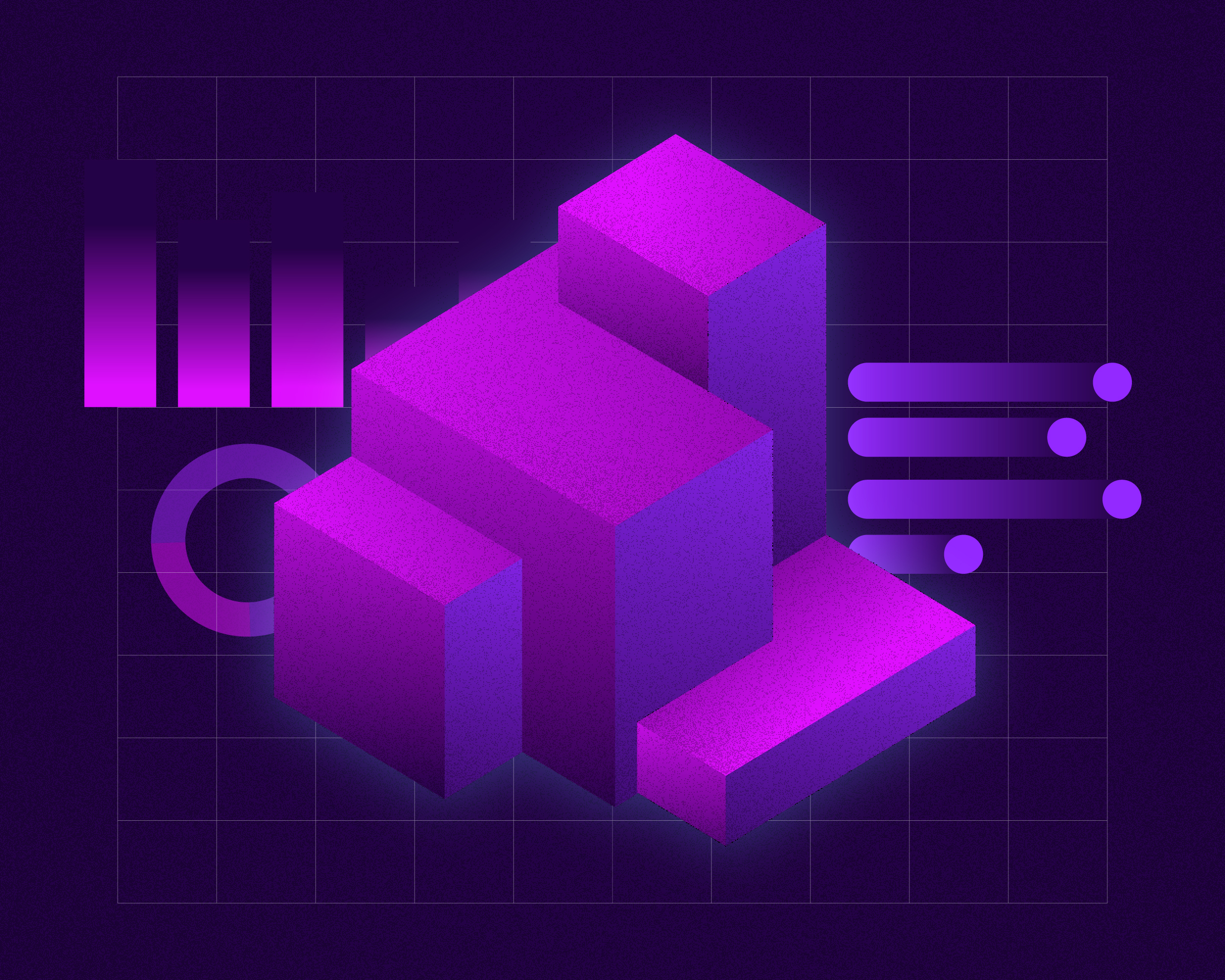Flux Federation | 4 March 2021


To succeed in the dynamically evolving energy future, a retailer needs a software solution that is flexible enough to adapt for a multitude of use cases. But to support and enable the fancy new products expected to change the industry as we know it, equally important is a strong practice philosophy that protects investment and sets your business up for success. Ask any engineer in any industry - the key to a robust and future-proofed product is a strong foundation, and in the energy industry, software is no exception. Here at Flux, we’re committed to enabling digital transformation for energy retailers looking to capitalise on the energy transition and future of tech. Using advanced software practices with an eye to the future is foundational to what we do; here are ten modern practices we use to give our clients a competitive edge, now and in the future.
Microservice architecture
With a highly complex and configurable solution like Flux, a microservice architecture (microservices) allows us to loosely couple critical services so that our teams can evolve our product at a cadence appropriate for that functionality. Products are independently deployable, meaning we can adapt different parts of our solution regularly in a low-risk way. Products are easy to test and maintain, again lowering risk and improving performance, and they can be owned by a smaller team dedicated to that product functionality. Using microservices fits with our agile approach to product development, including rapid daily releases, and enables us to dynamically evolve our technology stack.
Built to integrate
Flux is built to integrate easily with other software providers, and does so proactively where specialist services are available that complement Flux’s offering, such as the advanced pricing capabilities of Gorilla. This means clients can curate a software ecosystem that best suits their needs while retaining a central customer management and billing system at the heart of the network. A well orchestrated architecture built on integrations allows our clients to harness the benefits of co-created value early and learn from the results in an incremental and data-centric manner, and also lowers the risks of implementation.
Event streaming
To use microservices and integrations effectively, software needs a high-quality event streaming function. This service sends signals to other services when an event occurs (for example a customer switches in) triggering a series of actions in other services. This approach enables swift configuration of the system to clients needs. It can be as simple as setting up a new event, or directing a different trigger to a service. Event streaming is used to automate standard industry processing to free operators from repetitive manual tasks, thereby reducing cost to serve and error rates.
Market adaptors
Market adaptors are used by Flux to configure the product to different market needs. For example Flux has a generic switching engine and then uses market adaptors to undertake the switching tasks specific to different geographic and fuel markets. The advantage is that the generic switching engine isn’t compromised when new markets are being activated, and likewise maintenance can happen in the switching engine without having to accommodate the complexity of multiple markets.
OpenAPI documentation
Microservices, market adaptors, and integrations with third parties mean APIs are core to tying our product together to form a cohesive solution for our clients. Our suite of APIs continue to evolve with our product, and through OpenAPI documentation, and OAuth2.0 we offer our client’s opportunities to integrate the Flux platform into their business one business process at a time.
Data management
We believe clients should have access to all their data in a clean, easy to use way. Flux uses a contemporary approach for exposing data, by sending it to Amazon S3, so that it can be consumed directly into a client's data warehouse, or exposed as a data lake via services such as Amazon Athena or Snowflake. Clients can then perform analytics with any tooling they prefer. In a data-driven and AI-inspired future, we recognise that data connectivity and accessibility is critical to navigating the expectations of future energy consumers.
Powered by AWS
Running on AWS, the Flux Platform uses Amazon’s best practices to keep our platform highly available and secure, and by locating our platform as close to the client as possible we ensure a highly performant and responsive experience. Through leveraging AWS’s broad and deep cloud platform we are able to focus our efforts on rapidly iterating on and building out new energy product features rather than solving unrelated technical challenges.
ISO27001 certification
Through regular auditing by a third party, Flux’s ISO27001 certification offers our clients assurance that we have our information security risks under control. Recognising that security is an on-going exercise, we have regular security pen tests, and external reviews of our security systems. We leverage Amazon’s best of breed cloud security technologies to keep our systems and clients’ data secure. With a single-tenant SaaS model, we enforce strong boundaries between our client’s’ data and compute resources.
Continuous Delivery
Deploying on a daily cadence, Flux is continuously making features available to our clients. All changes go through a peer review process, and have a suite of automated tests to ensure we maintain quality standards and avoid negatively impacting clients. Recognising that some changes can take a while to roll out, we support ‘Feature Flagging’ to enable releasing only when a client is ready.
DevOps
With a well-established DevOps culture, our developers are responsible for the end-to-end delivery of their code - from development through to on-call rostering. With a suite of operational and management tools, our engineers have the insights they need to ensure our platform is available and performant at all times.
When you partner with Flux, you’re starting your digital transformation journey with the energy future in mind. Flux has been built to adapt, which means that as markets change, so can Flux, quickly and easily. We employ top talent and use a modern technology approach for efficient configuration and maintenance, and world-class security and stability. Our architecture, hosting and language choices are all made to give clients a competitive advantage. We design for security and privacy and have strong risk management processes. Lay the foundations for success - let us help you unpack the complexities of our industry to design a software solution built for an evolving energy future.

Sign up for the latest updates in technology, changes, regulations, and new energy products from Flux.